Summary
- Mario and Luigi: Brothership almost had a different art style inspired by Acquire and Square Enix’s HD-2D games like Octopath Traveler.
- Brothership marks the grand return in the Nintendo RPG series after almost nine years, but it was not developed by AlphaDream.
- Developers considered using pixel art for the game, but ultimately opted for a 3D style.
An interview revealed that Mario and Luigi: Brothership could have had a different art style, taking inspiration from Acquire and Square Enix’s HD-2D games like Octopath Traveler. Mario and Luigi: Brothership is a grand return to the fan-favorite Nintendo RPG series, and the first brand-new entry in the series in almost nine years. Unlike the previous entries in the 21-year-long series’ history, Brothership isn’t developed by AlphaDream, as the studio closed its doors in 2019.
Instead of AlphaDream, Mario and Luigi: Brothership was co-developed by Acquire, a well-known Japanese studio. Most RPG fans will likely know Acquire from its work on Square Enix’s Octopath Traveler duology. Both Octopath Traveler games were praised for their intricate sprites and pixel art, blending both 2D and 3D environments to create a timeless RPG experience. The presentation of these titles was replicated for Square Enix’s Triangle Strategy and Dragon Quest 3 HD-2D Remake. The developers have revealed that Mario and Luigi: Brothership could have potentially followed in the same footsteps.
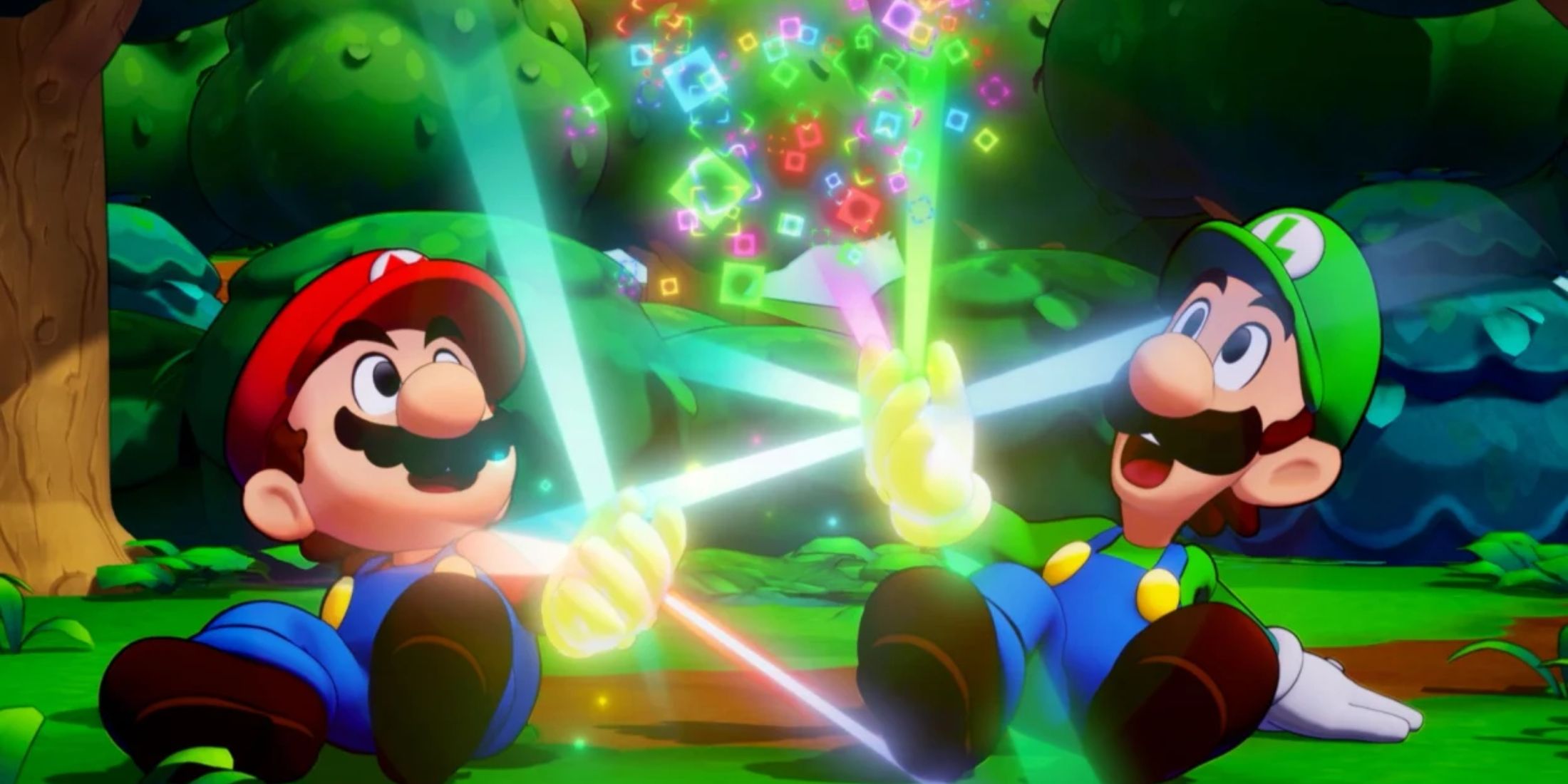
Related
Nintendo Reportedly Almost Abandoned the Mario and Luigi Series
Although many fans loved Mario & Luigi: Brothership, a recent interview shows that the 21-year-old series was almost canceled before this release.
In Nintendo’s recent Ask the Developer interview with producer Akira Otani and director Haruyuki Ohashi, Otani mentions that the team first reached out to Acquire since the studio had advanced 3D technology. The studio’s experience in developing RPG games like Octopath Traveler was a selling point for Otani. Otani was then asked if he considered the idea of making Mario and Luigi an HD-2D RPG like Octopath Traveler, which he says was a possibility, but he turned down the idea, wanting to go 3D instead.
Why Mario and Luigi: Brothership Went With 3D instead of Pixel Art
Otani’s reasoning for this was that previous Mario and Luigi games had in-game pixel art, but the box artwork was a 2D illustration. Otani believed it might be harder for customers to recognize, since Mario games usually have their visual identities matching on both the box and in-game. To better align the two, his “dream” was to make the next Mario and Luigi game 3D. As a result, Mario and Luigi: Brothership‘s graphics closely match the artwork of its box art, using stylized cel-shaded models instead of sprites.
Ohashi noted the difficulties of making games using pixel art as well. Ohashi called upon his experience working with pixel art animation in the No Heroes Allowed series, recognizing how great it was in the Mario and Luigi games in terms of technicality and style, but believes it would have been difficult to replicate. As such, both developers believed that going 3D was the correct approach and a good challenge for themselves.
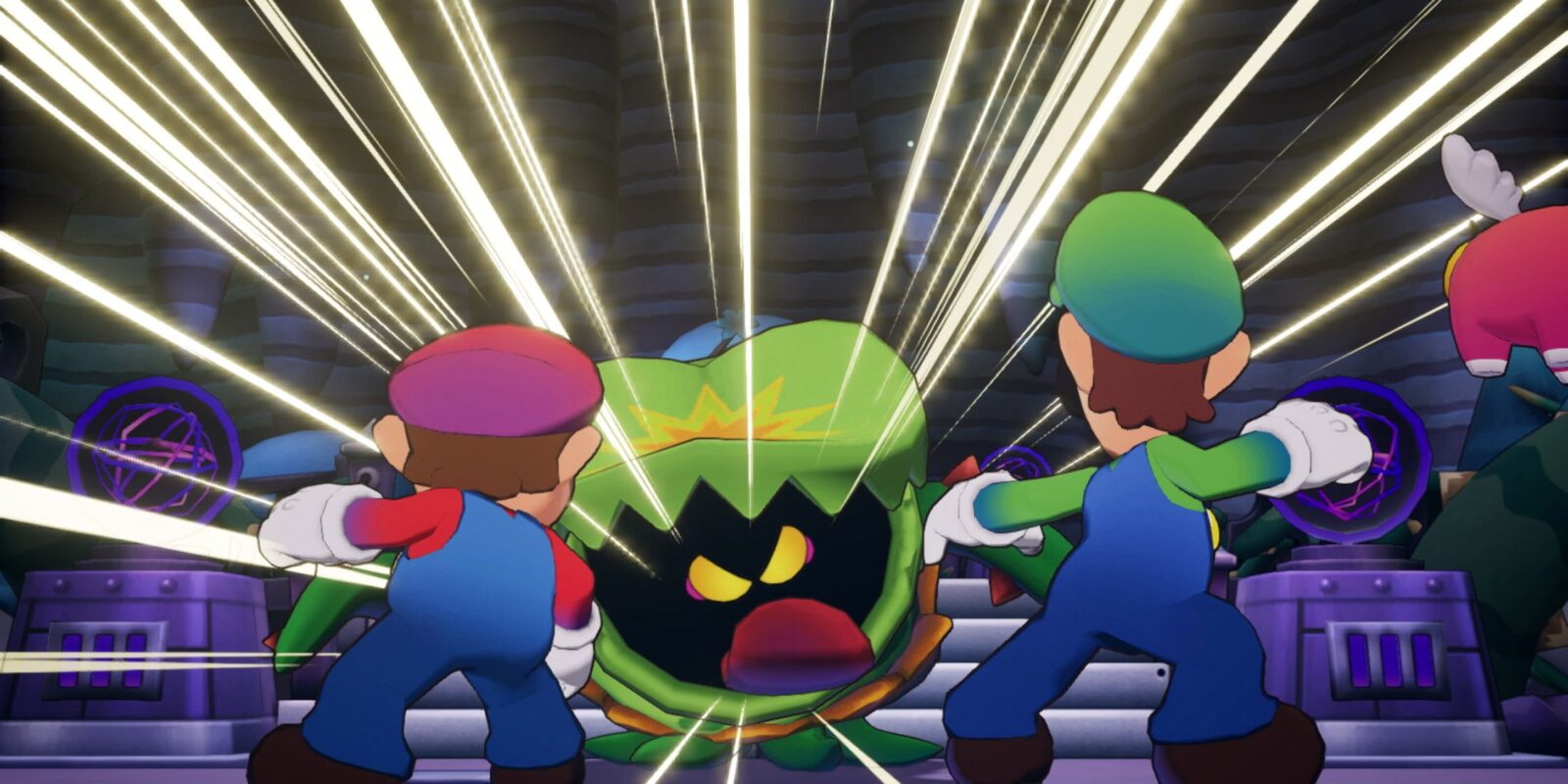


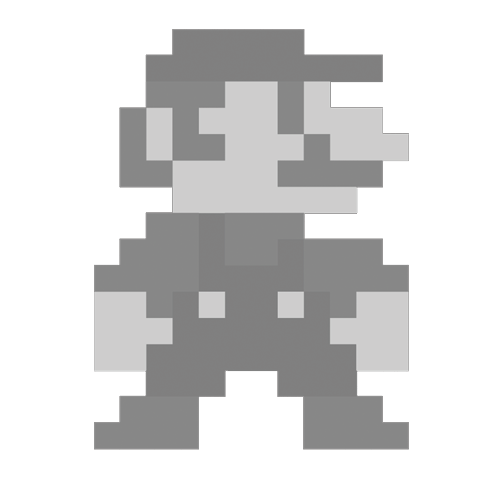





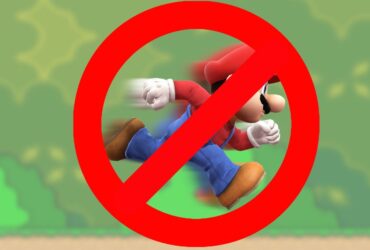
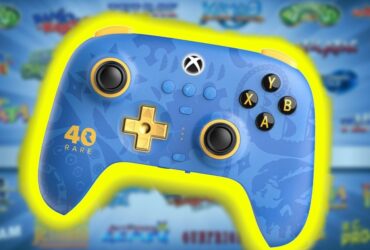


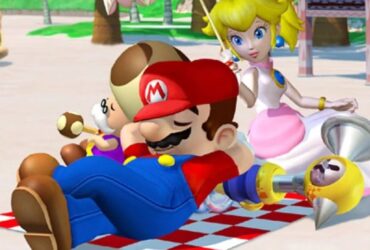
Leave a Reply